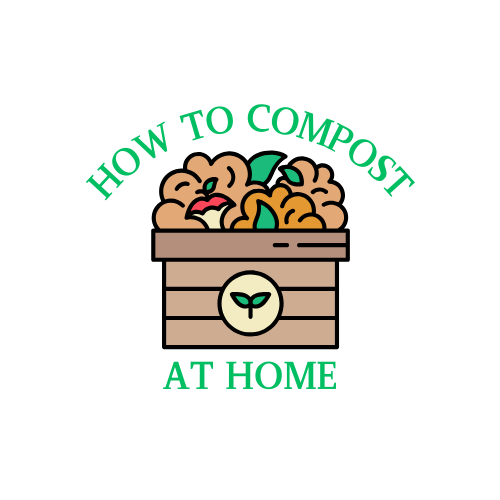The first step in mastering composting at home is understanding the fascinating world of compost, its benefits, and how it’s made.
Compost Definition
Compost is a nutrient-rich soil amendment produced through the natural decomposition of organic waste materials. It’s often referred to as “black gold” due to its valuable properties and benefits for soil health and plant growth.
Organic Waste and Decomposition Process
Compost primarily consists of organic waste materials, including kitchen scraps, yard trimmings, leaves, and other biodegradable materials. Through a natural decomposition process facilitated by beneficial microorganisms, these materials transform into a dark, crumbly substance known as humus.
Microorganisms such as bacteria, fungi, and other decomposers play a crucial role in breaking down organic matter into simpler compounds. This decomposition process, known as biodegradation, results in the formation of compost over time.
Nutrient-rich Soil Amendment
The end product of composting is a nutrient-rich soil amendment that enhances soil structure, fertility, and microbial activity. Compost is teeming with beneficial microorganisms, organic matter, and essential nutrients such as nitrogen, phosphorus, and potassium.
Compost provides a sustainable solution for soil enrichment, acting as an organic fertilizer that promotes plant growth and soil health. Its benefits extend beyond traditional fertilizers, offering long-term improvements to soil structure and nutrient retention.
Benefits of Compost
Compost offers a multitude of benefits for both the environment and gardeners alike. By recycling organic waste materials, composting reduces waste sent to landfills, minimizing greenhouse gas emissions and conserving landfill space.
Moreover, composting fosters environmental sustainability by promoting soil health, biodiversity, and resource conservation. It’s a natural solution for improving soil fertility, reducing erosion, and mitigating nutrient runoff in agricultural and urban landscapes.
How Compost is Made
The composting process involves creating an optimal environment for microbial activity to thrive. Achieving the right balance of carbon-rich (brown) and nitrogen-rich (green) materials, along with adequate moisture and oxygen, is essential for efficient composting.
Carbon-to-Nitrogen Ratio: Brown materials such as dry leaves, straw, and cardboard provide carbon, while green materials such as fruit and vegetable scraps, grass clippings, and coffee grounds supply nitrogen. This balance ensures optimal conditions for aerobic decomposition, where oxygen-dependent microorganisms break down organic matter into compost.
Conclusion
In conclusion, compost is a valuable resource that enriches soil, reduces waste, and promotes environmental sustainability. By harnessing the power of natural decomposition, composting transforms organic waste into a nutrient-rich soil amendment that nourishes plants, improves soil health, and fosters a greener planet.
Ready to start composting? Explore our website for tips, guides, and resources to help you embark on your composting journey today!

